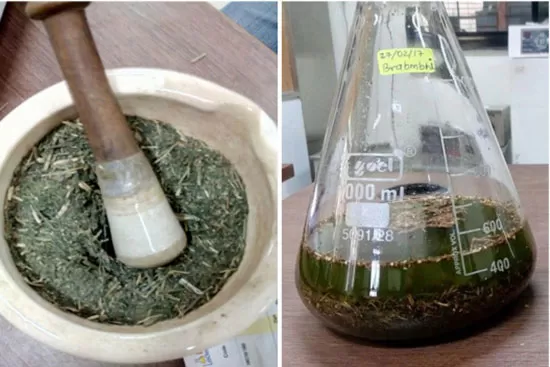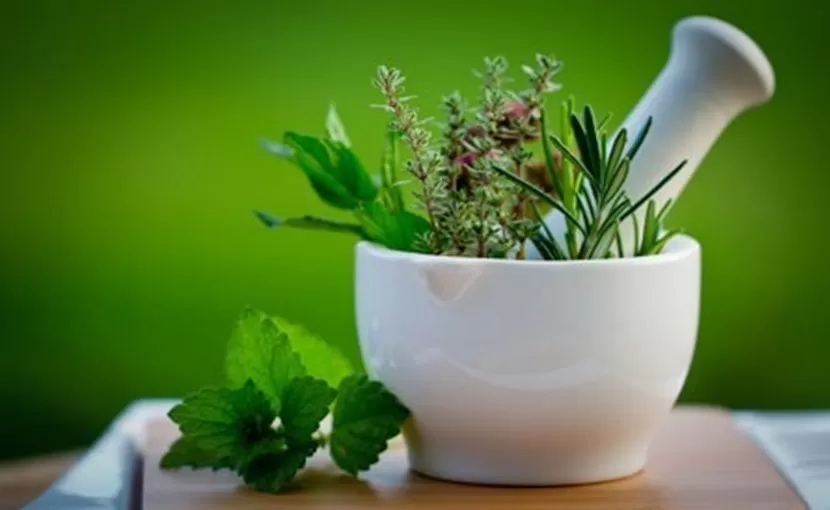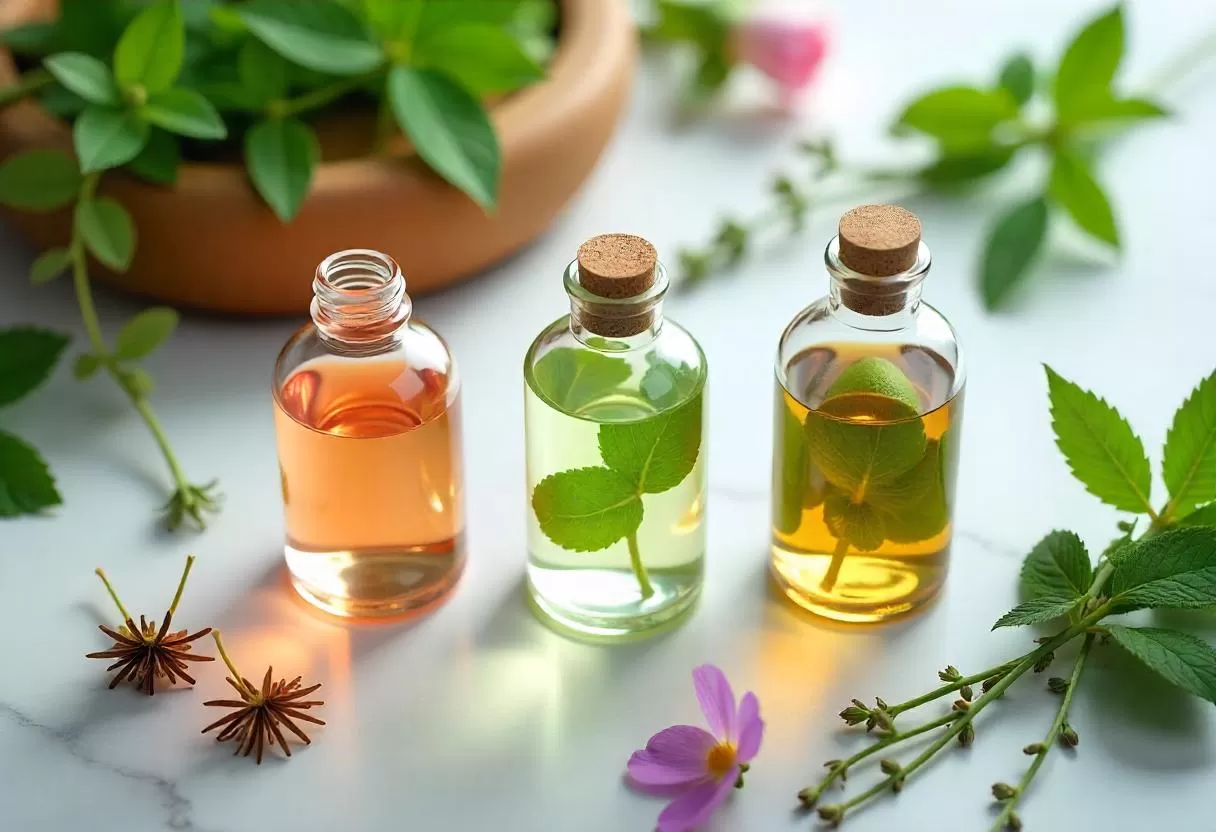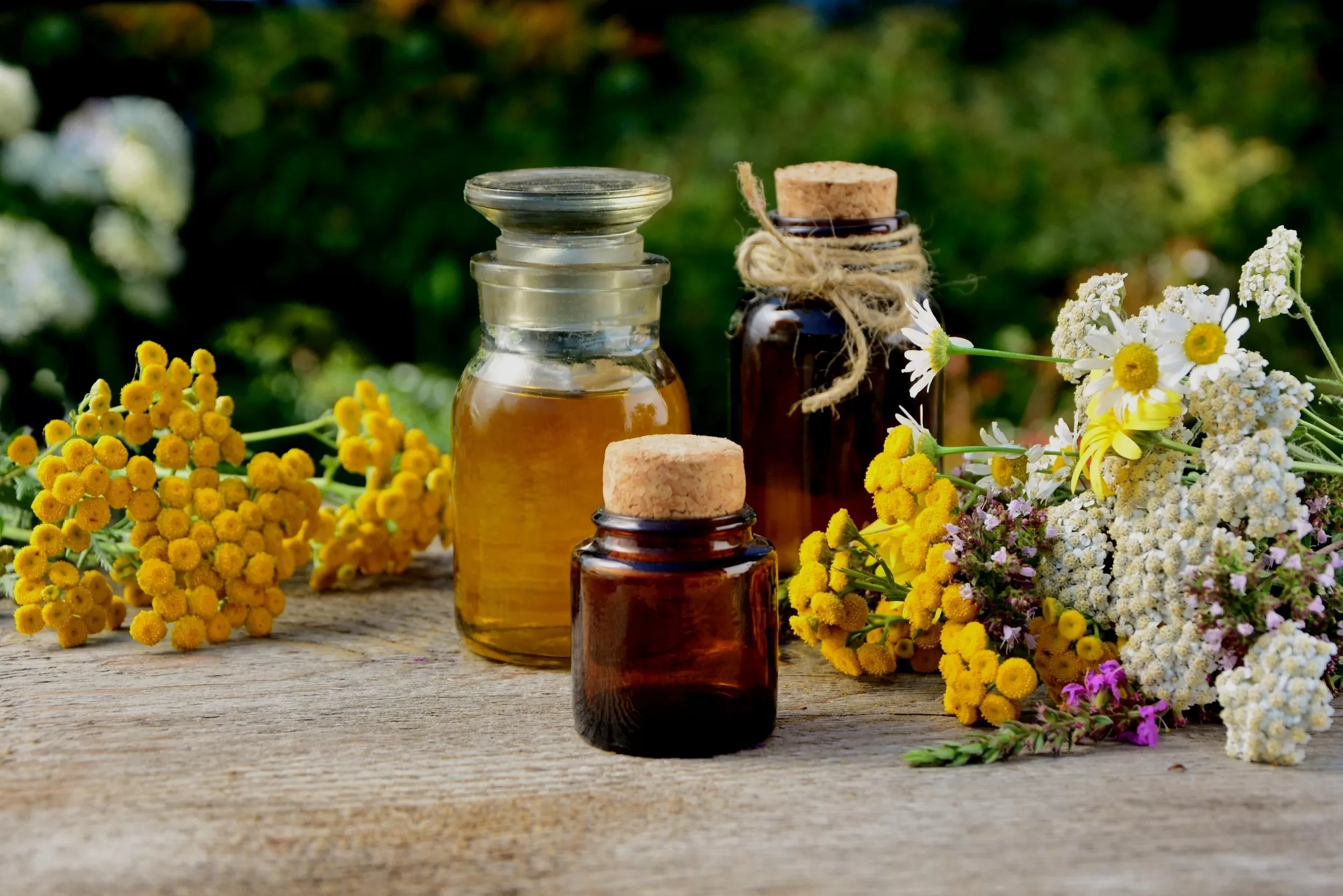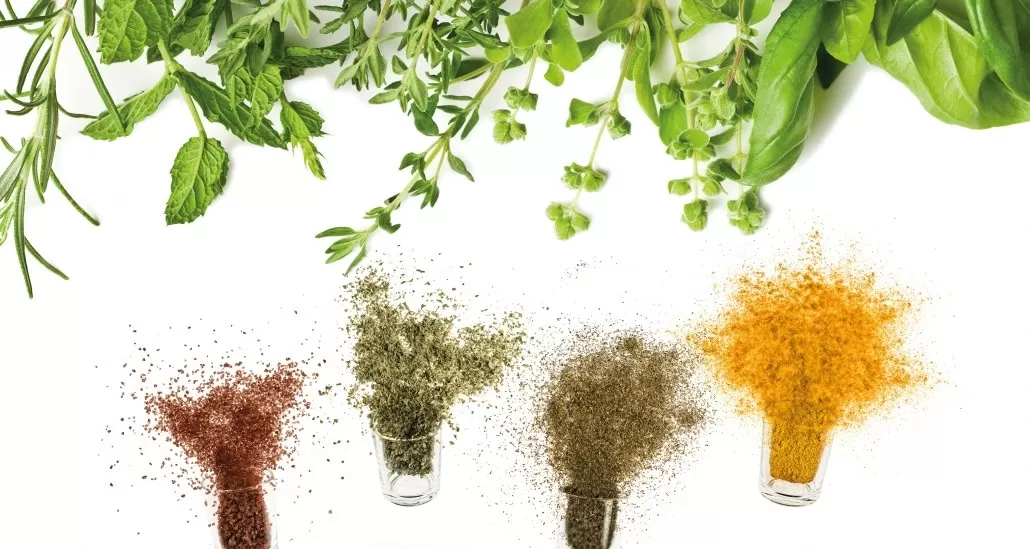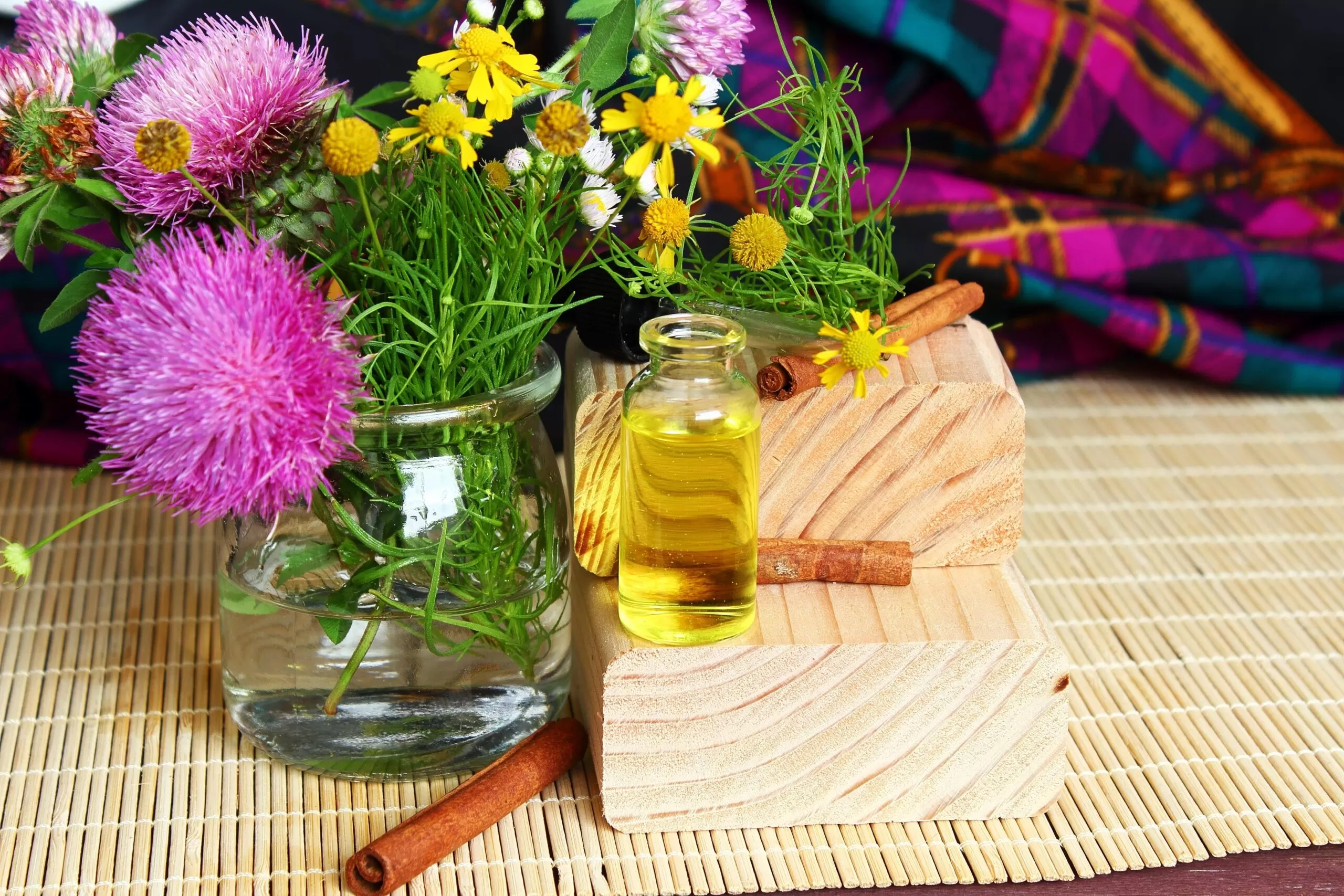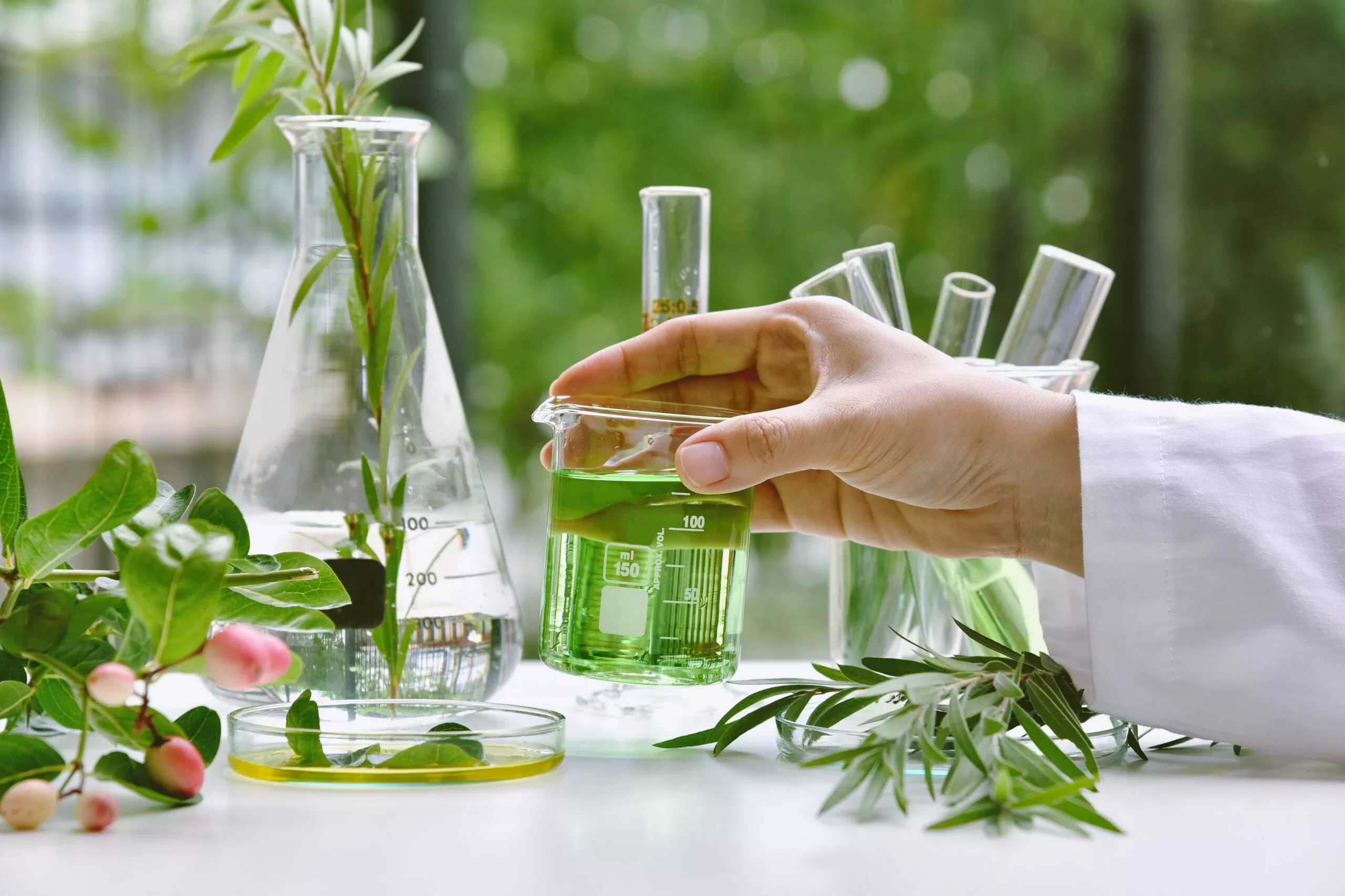- 0086-571-85302990
- sales@greenskybio.com
Extract Usage: A Comprehensive Guide
2025-04-13
Extracts are concentrated formulations made by removing certain components or flavors from raw materials, often using solvents such as alcohol or water. They are revered for their potent and precise applications across a range of industries, including culinary arts, cosmetics, pharmaceuticals, and aromatherapy. This article aims to elucidate the multifaceted uses of extracts and the distinctive advantages they offer.
Culinary Applications
In the culinary world, extracts are a cornerstone ingredient used to imbue dishes with intense flavors without altering the texture or composition of the food. Vanilla extract, one of the most renowned, is ubiquitous in baking; it adds depth to cookies, cakes, and other desserts. Vanilla is known for its complexity, offering sweet, floral, and spicy notes that can enrich a wide array of recipes. Other popular culinary extracts include almond, lemon, and peppermint, each bringing its own unique profile to dishes.
The precision offered by extracts is especially advantageous in large-scale food production. Extracts ensure consistency and reliability in flavor, crucial when producing thousands of items that need to taste the same. Moreover, they are often chosen for their ability to be preserved longer than their fresh counterparts, making them a staple in maintaining kitchen efficiency.
Pharmaceutical and Nutraceutical Uses
In the pharmaceutical industry, extracts play a critical role as a means to deliver active compounds from plants and other sources. Herbal extracts such as echinacea, ginseng, and St. John's Wort are used for their medicinal properties, helping to boost immunity, reduce inflammation, or alleviate depressive symptoms. Through rigorous extraction processes, the essential compounds that provide therapeutic benefits are concentrated, ensuring that they are effective and safe for consumption.
The nutraceutical sector heavily relies on extracts to formulate dietary supplements. For instance, Green Tea Extract is prized for its high concentration of polyphenols and antioxidants, which have been linked to improved cardiovascular health and weight management. Similarly, extracts like turmeric, with its active compound Curcumin, are valued for their anti-inflammatory properties.
Cosmetic and Personal Care Products
Extracts are a significant component in the cosmetic industry, where they are used to introduce natural elements to beauty and skincare products. Botanical extracts such as chamomile, aloe vera, and lavender are incorporated for their soothing, moisturizing, and anti-inflammatory qualities. These extracts not only enhance the sensory experience by adding natural fragrance and color but they also offer functional benefits, driving the efficacy of products.
The shift towards clean and green beauty has further propelled the use of natural extracts, catering to consumers who seek transparency and wish to avoid synthetic chemicals. As such, skincare formulations often feature plant-based extracts prominently, advocating their benefits while reinforcing brand commitment to sustainability.
Aromatherapy and Essential Oils
Aromatherapy capitalizes on extracts and essential oils for their aromatic influence and potential health benefits. Extracts such as tea tree oil, eucalyptus, and rosemary are selected for their antibacterial and antiviral properties, often used in diffusers, topical applications, and holistic treatments. The precise nature of extracts ensures that the active ingredients are delivered efficiently, allowing users to experience the full spectrum of benefits.
The therapeutic claims of aromatherapy are supported by extracts' ability to interact closely with our physiology—impacting mood, stress levels, and even immune function. Given their concentrated potency, only small quantities are needed to achieve desired effects, making extracts cost-effective and practical.
Environmental and Ethical Considerations
While extracts offer substantial benefits across sectors, responsible extraction processes must consider environmental and ethical implications. Sustainable sourcing of raw materials is critical in reducing ecological footprints. This encompasses choosing organic sources that do not exploit natural habitats, thereby preserving biodiversity. Furthermore, transparency in extraction methods facilitates consumer trust and aligns with broader corporate responsibilities toward social and environmental stewardship.
Conclusion
The versatility of extracts extends far beyond their concentrated nature; they stand as pivotal components across numerous industries, each with their unique set of benefits and applications. From enhancing flavors in the culinary arts to supporting health and wellness in pharmaceuticals and nutraceuticals, extracts have secured their place as indispensable ingredients on a global scale.
As demand for natural and sustainable products rises, the role of extracts becomes increasingly significant. Future innovations may expand their applications even further, underscoring the need for ongoing research and development in extraction technologies. The evolution towards more environmentally conscious practices promises a future where extracts not only enhance quality and efficacy but do so while respecting the world we inhabit. Whether in the realm of taste, health, beauty, or well-being, extracts are an enduring testament to the power of nature concentrated into potent possibilities.
- ▶ Hesperidin
- ▶ citrus bioflavonoids
- ▶ plant extract
- ▶ lycopene
- ▶ Diosmin
- ▶ Grape seed extract
- ▶ Sea buckthorn Juice Powder
- ▶ Beetroot powder
- ▶ Hops Extract
- ▶ Artichoke Extract
- ▶ Reishi mushroom extract
- ▶ Astaxanthin
- ▶ Green Tea Extract
- ▶ Curcumin Extract
- ▶ Horse Chestnut Extract
- ▶ Other Problems
- ▶ Boswellia Serrata Extract
- ▶ Resveratrol Extract
- ▶ Marigold Extract
- ▶ Grape Leaf Extract
- ▶ blog3
- ▶ blog4
- ▶ blog5
-
What are extracts made of?
2025-04-13
-
Are plant extracts good for you?
2025-04-13
-
What are plant-based extracts?
2025-04-13
-
What Is a Plant Extract? A Deep Dive
2025-04-13
-
Giant Knotweed Extract
2025-04-13
-
Natural grape seed extract
2025-04-13
-
Licorice Root Extract Powder
2025-04-13
-
Senna Leaf Extract
2025-04-13
-
Hawthorn powder
2025-04-13
-
Cranberry Extract
2025-04-13
-
Angelica sinensis extract
2025-04-13
-
Cactus Extract
2025-04-13
-
Sugarcane Extract
2025-04-13
-
Ginger Extract
2025-04-13











